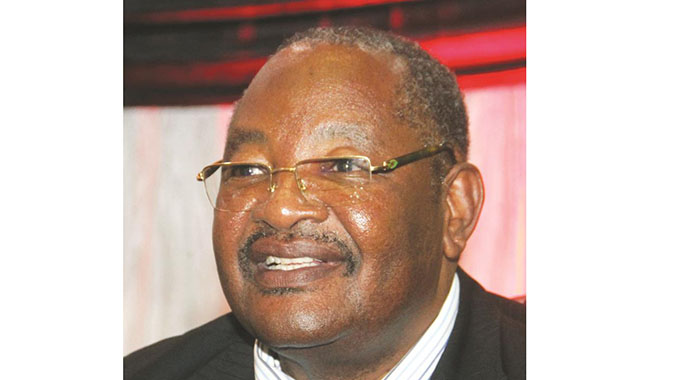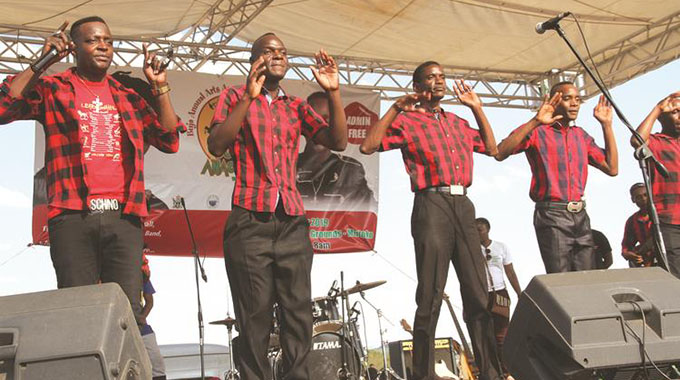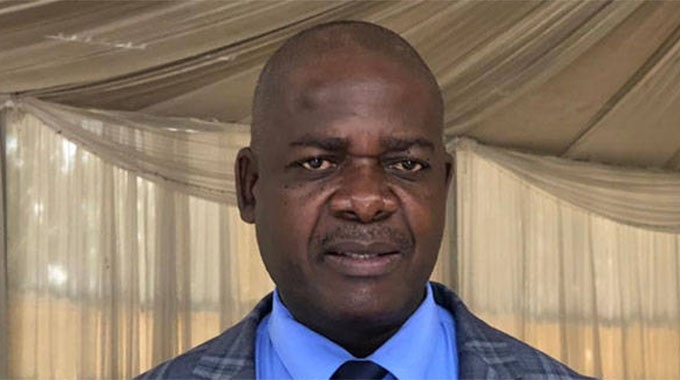‘No to dialogue outside POLAD’

Joseph Madzimure: Interview
Opposition MDC-Alliance has in the past refused to join the Political Actors Dialogue (POLAD) set up by President Mnangagwa. However, over the past few days the party has reached out to Zanu-PF in an effort to get party leader Mr Nelson Chamisa talking to President Mnangagwa, who is also the First Secretary of the ruling party. Our Senior Reporter Joseph Madzimure (JM) caught up with Zanu-PF Secretary for Administration Dr Obert Mpofu (OM) on the party’s commitment to dialogue with MDC-Alliance and all other political actors. Below is the interview in part:
JM: There are reports of MDC-A negotiators who paid a visit to your office last week seeking to bring Zanu-PF and their party to engage each other. Can you give an insight into what is happening?
OM: Yes, I can confirm that we received MDC-A officials at Zanu-PF headquarters last week.
JM: Who are the opposition members who visited your office?
OM: I cannot give you the names right now. They visited my office as individuals and I don’t even know what positions they hold in the MDC-A.
JM: What was the subject of discussion?
OM: They said they have been sent by their principal, MDC-A leader Mr Nelson Chamisa, to engage the ruling party Zanu-PF so that they can come to the negotiating table to address the challenges facing the country.
JM: Did they submit any written documents and, if any, what is your response to them?
OM: No. They did not submit any written documents. They have not produced anything written, but they have been producing membership cards, but that is not the way we should engage each other. This is a national dialogue initiative. There has never been any formal communication between them and us on what their demands or conditions are in their handling of this case. We need to be engaged officially by senior people from their executive members.
We told them that if they are serious about engaging us, they should do so formally, but they should come through the Political Actors Dialogue (polad). If they want dialogue they should indicate some seriousness and if they want to engage President Mnangagwa they can only do that under the auspices of polad.
We have polad which was put forward by His Excellency President Mnangagwa, where he invited all political players in Zimbabwe, as well as other stakeholders to join him in dialogue and that included even the MDC-A. They were invited, but they seem to have other views on that initiative.
JM: MDC-A leader Mr Chamisa refused to join other political parties in the National Dialogue, bringing a number of conditions and demands. Do you think he has had a change of heart?
OM: The fact that they have been calling and coming, albeit at the lower levels, shows that something is happening from their side. We are always ready. My principal, President Mnangagwa, is ready to engage and there is polad for that.
JM: Of late, Mr Chamisa has insisted on one-on-one dialogue with President Mnangagwa without other political parties in polad. Would you be able to accept his demands?
OM: If they have issues that they want addressed which they feel should not be brought to polad they can still do that under the auspices of polad.
They can actually indicate their preferences of engagement under polad. It is a recognised institution for engagement so they can raise their issues under that and if they want to be seen separately that’s where they should be presenting their issues.
The President is a major player in polad so they can engage him there and say yes we are joining this dialogue, but we have these specific issues that we want to deal with you directly not the manner they are going about it.
They seem to have other ideas on the approach. On the face of it, they seem keen to engage, but on their terms, but the President said dialogue should be unconditional.
There is already a facility for that kind of approach which is polad, where all parties have a platform to say what they would want to say. Not really to abandon this institution to engage in bilateral talks. The other parties might think we are betraying the understanding that we have come to build with them. So, if they have serious concerns on their part in the handling of the dialogue issues they should raise them there; that’s where they will see the President and talk to him.











Comments